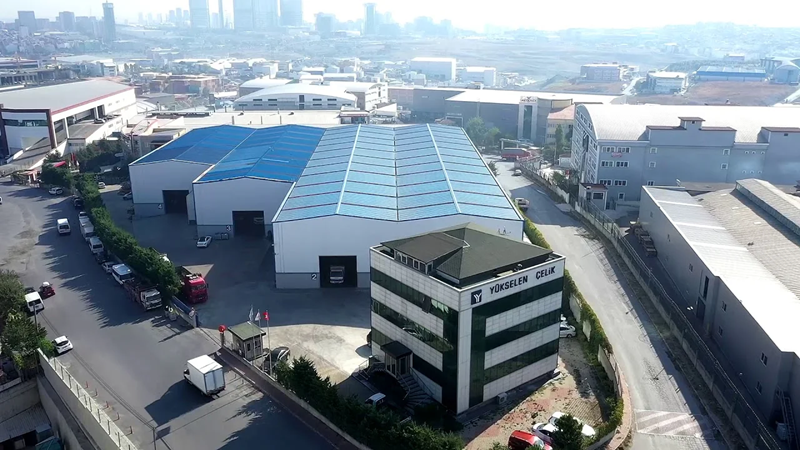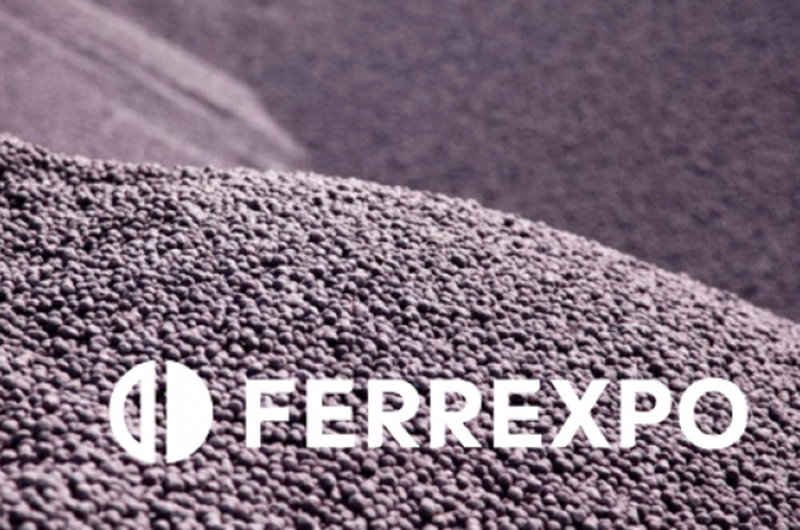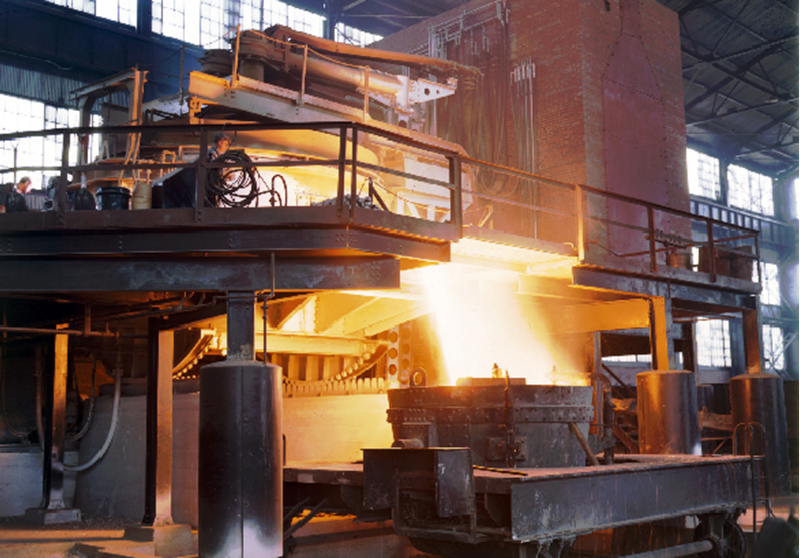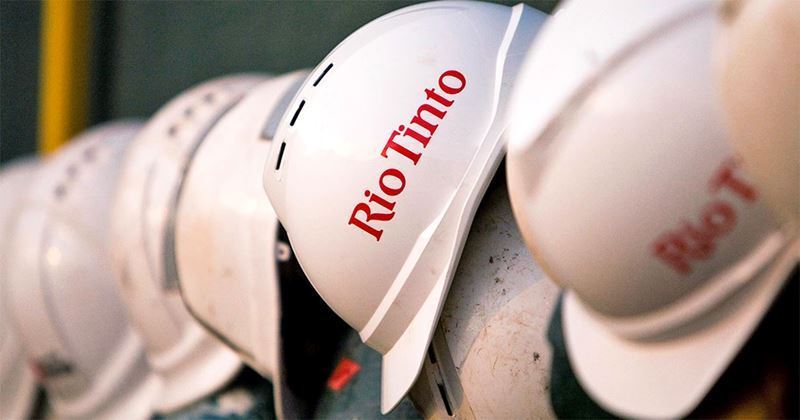The financial report announced by Yükselen Çelik revealed the negative impact of declining steel prices on the company's financial statements. Yükselen Çelik was adversely affected by the decrease in steel prices over the past three quarters, including the first quarter of 2024. The company's profit margins were under pressure due to the decline, and operational costs remained high.
It is expected that the downward trend in the global steel market will come to an end by 2024, leading to a decrease in this negative effect from the second half of 2024.
According to the Financial Results Bulletin for the period 01.01.2024 - 31.03.2024 of Yükselen Çelik, the decline in global steel prices has led to the company selling high-cost inventories at lower prices.
In the bulletin published on the Public Disclosure Platform (KAP), the following information was provided:
"As a result of the decline in global steel prices over the past year, products that were previously included in our inventory at higher prices have had to be sold at a loss. Due to the steep price drops of commodity and raw steel products acquired when prices were high, the selling prices have decreased, causing our company to be negatively impacted by the decline in steel prices over the last three quarters, including the first quarter of 2024.
It is believed that a similar situation will not occur after 2024 as the downward movement in global steel prices is expected to come to an end. Newly included raw steel and commodities in our inventory are currently being acquired at lower prices, and they will be sold with normalized profit margins.
Due to measures taken by the official authorities to combat rising inflation in 2023, increased interest rates for our domestic Turkish Lira-denominated borrowing instruments led to a significant rise in financial expenses. Due to fluctuations in Turkish Lira credit interest rates ranging from 45% to 65% annually based on banks domestically, financial liabilities and expenses have significantly increased.
With the relative decrease in demand for the steels supplied by our company to the automotive sub-industry, machinery, mold, and other manufacturing sectors domestically and in our target export markets, there has been a decline in sales volumes and revenues.
As the disposal of high-cost products in our inventory is nearly completed and the quantity of low-priced stocks acquired has relatively increased, the loss is expected to cease by the second half of 2024. In case interest rates, which have partially decreased towards the end of the year especially for the fight against high inflation, decrease, it may lead to a reduction in financial expenses. Finally, if the contraction experienced in domestic and export markets in the second half of 2023 and the first quarter of 2024 ends, there could be an increase in demand for our products in target sectors.
The average Accounts Receivable Collection period for the first three months of 2024 was 162 days, while the average Trade Payable Payment period was 77 days. As per the end of 2023 financial statements, the average Accounts Receivable Collection period was 163 days, with an average Trade Payable Payment period of 60 days.
The majority of our receivables are secured with 100% bank guarantees through the Direct Debit System (DBS) or 90% insurance coverage through Euler Hermes Credit Insurance, or with guarantee instruments such as Guarantee Letters. There has not been a significant increase in the doubtful receivables balance since 2017. Collection and risk management are being effectively carried out."











Comments
No comment yet.